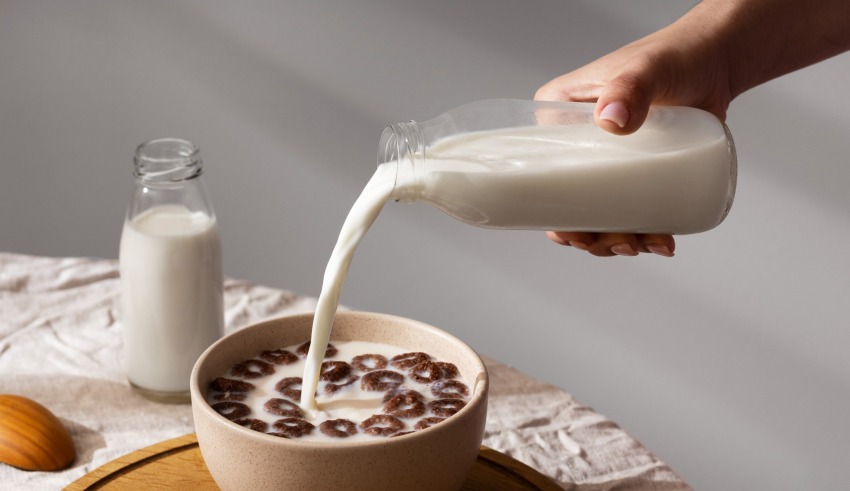
As a mom, you want to provide the best nutrition for your children as they grow up. But with so many different formulas and diets on the market, it can be challenging to determine what is right for them.
HIPP Dutch Stage 1 Formula milk has become increasingly popular in recent years due to its vital prenatal supplements, mixture of organic ingredients, and promise of stress-free digestion for babies. Adding new foods to HIPP formula milk provides nutrients essential for optimal growth and development. However, it is crucial to understand the factors involved when doing so.
Let’s discuss critical considerations when introducing new foods into this formula diet.
Understanding the Nutritional Needs of Newborns
For newborns and toddlers, ensuring proper nutrition is essential for optimal development. New foods introduced to an infant’s diet should be carefully considered from a health and ecological standpoint. Essential nutrients such as proteins, minerals, and fats must be sufficient for the growth and development of the child.
At the same time, parents need to consider the impact of food production on climate change or sustainability metrics. When introducing HIPP Dutch Stage 1 Formula milk to meet these nutrition needs, a careful evaluation must occur regarding its contents and ability to provide a balanced nutritional diet tailored to each child’s age.
By staying informed with the latest scientific advancements around plant-based alternatives and eco-friendly foods and supporting organic providers, you can better understand how best to meet your child’s nutritional needs while keeping an eye on environmental responsibility.
How Different Foods Affect a Baby’s Digestive System
As a new parent, observing how different foods affect a baby’s digestive system is fascinating. Our little ones’ digestive systems are still developing and react uniquely to various foods. For instance, introducing solids such as fruits, vegetables, and cereals can change the color or consistency of a baby’s stool.
Brightly colored or gas-inducing foods, like beets and beans, can also create specific effects, with beets turning stool reddish and beans leading to increased gassiness. Introducing new foods one at a time is essential to allow the baby’s system to adapt and identify any potential unfavorable reactions quickly.
Furthermore, probiotics in yogurt and other unique baby products can aid digestion and nutrient absorption while reducing the risk of diarrhea and other digestive issues. Keeping a keen eye on your baby’s reaction to different foods is essential in facilitating healthy growth and a thriving digestive system.
The Benefits of Adding Variety to Your Baby’s Diet
Introducing a range of flavors and textures to your baby’s diet can pave the way for healthy eating habits and expose your little one to a world of culinary delights. Experts recommend incorporating various fruits, vegetables, grains, and proteins into your baby’s diet to ensure they receive essential nutrients to support their growth and development.
By presenting a colorful plate, you not only please your baby’s visual senses but also substantiate the process of developing their taste buds. A diverse diet also helps prevent food-related allergies, as introducing multiple foods simultaneously reduces the likelihood of developing sensitivity to any particular ingredient.
Moreover, this practice primes the baby for the ability to adapt to various food options, fostering a confident eater in the long run. Embrace the benefits of adding variety to your baby’s diet and HIPP formula milk.